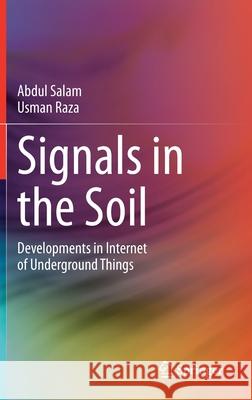Signals in the Soil: Developments in Internet of Underground Things » książka
topmenu
Signals in the Soil: Developments in Internet of Underground Things
ISBN-13: 9783030508609 / Angielski / Twarda / 2020 / 429 str.
Signals in the Soil: Developments in Internet of Underground Things
ISBN-13: 9783030508609 / Angielski / Twarda / 2020 / 429 str.
cena 605,23
(netto: 576,41 VAT: 5%)
Najniższa cena z 30 dni: 578,30
(netto: 576,41 VAT: 5%)
Najniższa cena z 30 dni: 578,30
Termin realizacji zamówienia:
ok. 16-18 dni roboczych.
ok. 16-18 dni roboczych.
Darmowa dostawa!
Kategorie:
Kategorie BISAC:
Wydawca:
Springer
Język:
Angielski
ISBN-13:
9783030508609
Rok wydania:
2020
Wydanie:
2020
Ilość stron:
429
Waga:
0.80 kg
Wymiary:
23.39 x 15.6 x 2.54
Oprawa:
Twarda
Wolumenów:
01
Dodatkowe informacje:
Wydanie ilustrowane











